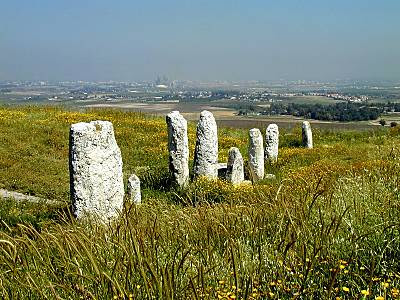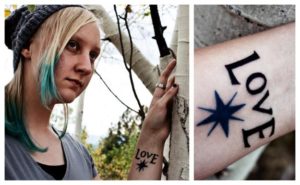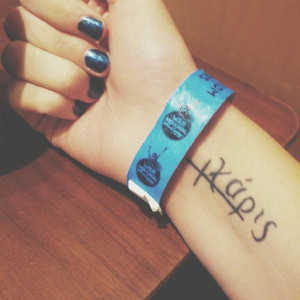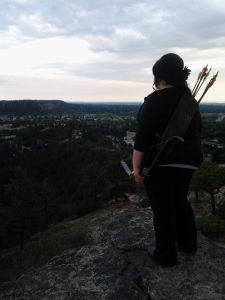Been reading a book that explained grace in less than 306 pages.
So in Christ God did for man what neither he, no one else, nor anything else could do for him. That is the very essence of grace… grace means that God gives us what we need, not what we deserve.
Originally the Greek word rendered “grace” meant to make a gift, then to forgive a debt, then to forgive a wrong, and finally to forgive sin. So basically grace is a gift, as expressed in Romans 3:24. Literally, “Being declared righteous as a gift by his grace through the full redemption, the one in Christ Jesus.”
Note that salvation is not “out of yourselves” or “out of works” as the source. It is “of God the gift”. It is by grace made possible in the individual through his faith. Good works are the fruit, not the root, of salvation.
I’ve never heard it explained that way. Grace is a gift. We can’t earn a gift. A person doesn’t beg for a gift. A person can’t ask for a gift and it still be a true gift. A real gift- at least to me- is undeserved, unexpected, unmerited, and completely free (it doesn’t come with strings attached- such as ‘do this and you’ll get it,’ ‘do that and you can keep it’).
Also a gift, by it’s very nature of being a gift, cannot be something we earned. (If we earned it, it’s a wage. We earned our wage- Rom 6:23. Don’t like the wages. The gift is much better!)
+++++++++++++++++++
But wait… we shouldn’t stray too far that way, or we’ll get an “anything goes” attitude! No, not if we’re sincere. If I get a gift from someone, what should I do with it? I’d be ungrateful if I flung any gift away, but if it’s something I need, I know I need it, and I refuse to use it, then how much more so!! Yet the giver doesn’t take that gift back. He doesn’t come, knock on the door, and say “Pardon me, I noticed you haven’t used my wonderful gift. Give it back so I can give it to someone more appreciative!” He might not give me more gifts, but he certainly won’t take away the gift I’ve been given.
Sure, we could toss a gift aside. We could refuse it. But if we love the giver, we’ll value and treasure the gift, and the gift will mean that much more. And in loving the giver, we’ll want to give back what small tokens we can.
And to me that’s freedom. We can follow rules because we have to in order to earn something unobtainable, or we can rest assured knowing we’ll be given what we need, responding freely, in love, to the One who gave so much to us. Each might look the same outwardly, but one is done from fear, while the other is done through faith, from a cheerful, willing heart, the overflow of an abundance of the Giver’s love.
















